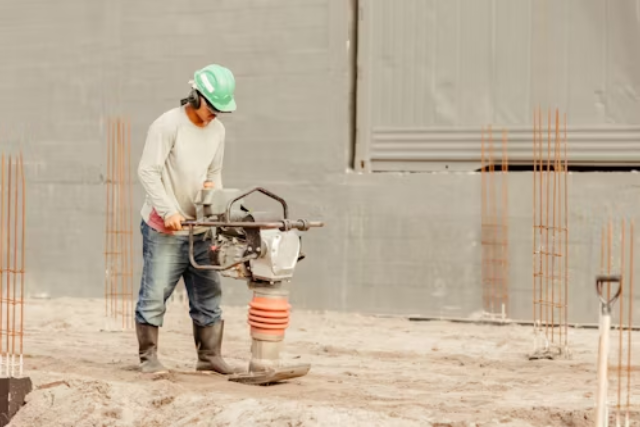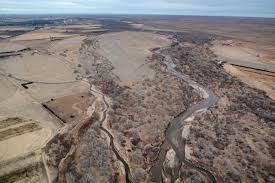
LINCOLN, Neb. — Tensions over water rights on the South Platte River have boiled over into a legal showdown at the nation’s highest court. On Wednesday, Nebraska filed a lawsuit against Colorado in the U.S. Supreme Court, seeking to clear the way for the controversial Perkins County Canal — a project designed to divert water from the South Platte River in Colorado into Nebraska.

Nebraska officials claim Colorado is depriving the state’s farmers of vital water by allowing “unlawful water diversions.” The lawsuit argues that those actions threaten Nebraska’s agricultural backbone and the water security of major towns that rely on the river.
“These breaches have harmed Nebraska and pose a significant, ongoing threat to Nebraska, from its agricultural economy to the water security of its major population centers,” the lawsuit says.
Colorado Gov. Jared Polis dismissed the lawsuit as “a meritless challenge” that will waste both states’ time and money. “Colorado has always been in compliance with the South Platte River Compact and other applicable agreements,” Polis wrote in a statement. “This escalation by Nebraska is needless, and Colorado will take all steps necessary to aggressively defend Colorado water users, landowners and our rural economy.”
The canal dispute stems from the South Platte River Compact of 1923, which gives Nebraska the right to a guaranteed water flow of 120 cubic feet per second from April through mid-October. For the winter months, Nebraska can draw up to 500 cubic feet per second through a canal near Ovid — if such a canal exists. Without it, Colorado keeps the lion’s share of the river’s winter flow.

In 2022, the Nebraska legislature approved $500 million to revive the long-discussed canal plan. The project has since stoked fear and pushback among Colorado landowners. Earlier this year, Nebraskan officials sent letters to Sedgwick County residents warning that the state would use eminent domain if needed to acquire land for the canal.
Attorney General Phil Weiser previously called the move to seize Colorado land “novel” and “misguided.” In a statement this week, he said Nebraska’s filing means “decades of litigation” are now likely inevitable.
“Nebraska has now set in motion what is likely to be decades of litigation,” Weiser said. “And if, after decades of litigation, the court allows Nebraska to move forward with its wasteful project, Nebraska’s actions will force Colorado water users to build additional new projects to lessen the impact of the proposed Perkins County Canal.”
Nebraska’s Western Irrigation District, which relies on the South Platte’s flow, recently had to shut off most surface water irrigation due to low river levels. This triggered fresh concerns in Lincoln that Colorado’s rapid development is putting Nebraska’s share of water at risk.
The core of the dispute is whether Nebraska can use eminent domain to acquire land across state lines — a question the compact does not clearly answer. “There is no alternative forum capable of fully resolving the claims Nebraska asserts against Colorado, which are of such seriousness and dignity as to justify the exercise of the Court’s jurisdiction,” the lawsuit says.
Colorado leaders argue that building the canal is economically unrealistic and politically driven. “I also said I think this feels more like a political stunt. It doesn’t make sense,” Weiser told The Colorado Sun in February.
Nebraska aims to complete the canal by 2032. Whether that timeline holds will now depend on how the Supreme Court rules — and how long this new interstate water war drags on.
Originally reported by Parker Yamasaki and Olivia Prentzel in The Colorado Sun.